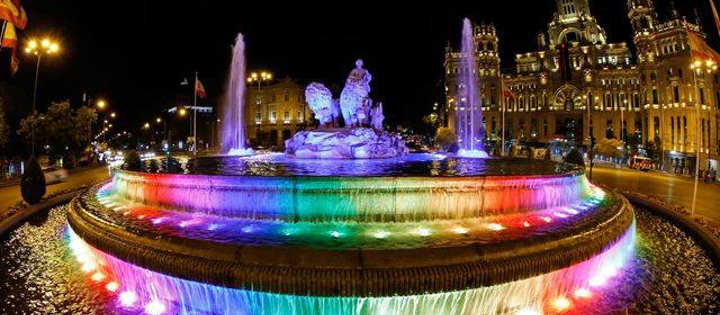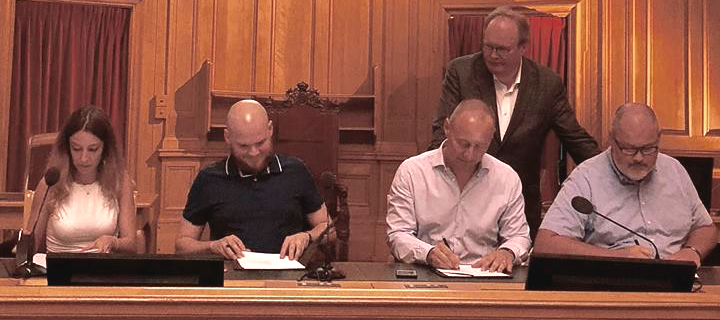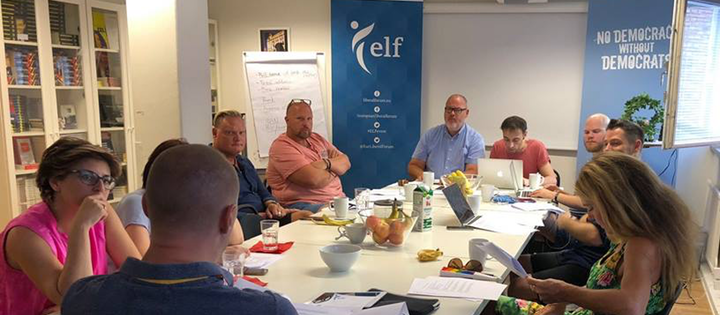Surrogacy should be legally allowed as a parenting option to individuals, single or coupled, that lack the reproductive capacity to become parents without the help of a surrogate.
Women everywhere should have the right to decide when, how and under which circumstances they agree to help intended parents by donating eggs and / or carrying a baby for them.
Appropriate legislation should be advanced to allow prospective parents, donors and surrogates everywhere to enter into legally enforceable agreements for surrogacy arrangements without the need to cross state or international borders.
Appropriate legislation should be enacted to protect the rights of all the parties in a surrogacy journey, and seamlessly terminate any parental rights and obligations of donors and surrogates.
Diligent measures, including appropriate regulation, should be taken to ensure all parties to a surrogacy journey make informed decisions and provide explicit consent regarding their participation. Special attention should be made to make sure candidates for egg donation and surrogacy are given access to independent medical and legal advice, and ongoing psychological and emotional support.
The parties for a surrogacy journey should have the right to agree on a reasonable monetary compensation, possibly within regulatory guidelines, to compensate the donor and surrogate for the risk, effort and inconvenience associated with their contribution, but it should not be tied in any way to specific outcomes.
Mediating agencies can play vital roles in helping match surrogate and donor candidates with prospective parents, as well as provide support and coordination services throughout the process. While they deserve compensation for their effort and expertise, excessive “finder’s fees” that take advantage of the scarcity of suitable candidates should be prevented through regulation. Ideally at least the service of finding surrogates and egg donors should be performed by not-for-profit matching services.


